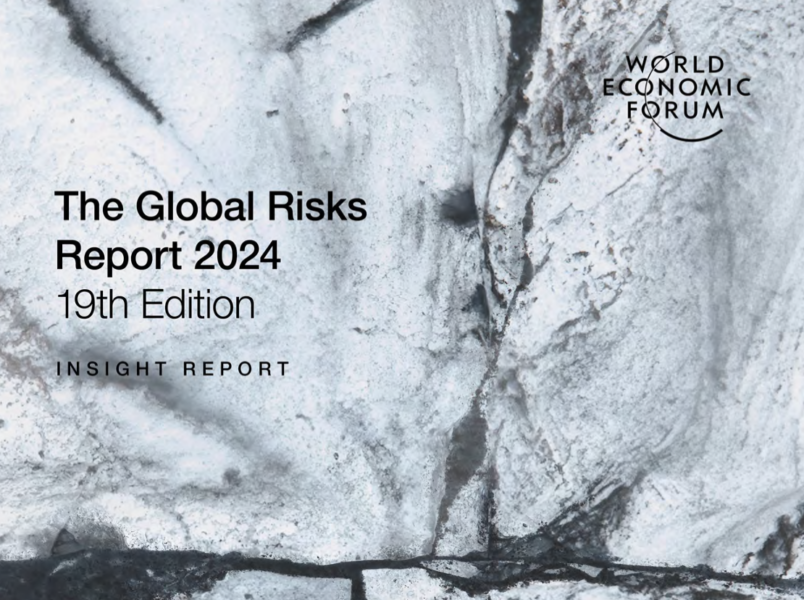
One of the biggest risks of disinformation is to target the reputation of someone, points out research from the Locomotive Institute, recently released by Agência Brasil. For 22% of the population, this threat is second only to the danger of electing bad politicians (26%). Also mentioned as a major problem is the possibility of causing fear in the population regarding their own safety (16%) and harming health care (12%).
The survey provides significant information about the dimension of the phenomenon and the challenges in combating misinformation and fake news: almost 90% of the Brazilian population admits to having believed in false content. The research also reveals that eight out of ten Brazilians have already given credibility to fake news. However, 62% claim to be confident in their ability to differentiate false and true information in content.
The institute interviewed 1,032 people aged 18 or over between February 15th and 20th. In the survey, people also point out the content of the false information they believed. The themes are varied:
Below, see the content of the fake news that the people consulted believed:
Most cited false content
| Product sales | 64% |
| Proposals in electoral campaigns | 63% |
| Public policies (such as vaccination) | 62% |
| Scandals involving politicians | 62% |
Educational measures to combat misinformation
“To address this issue, there is a challenge for public institutions to formulate strategies that include the promotion of media education and rigorous verification of information sources, to strengthen the country's communication and ensure that the population receives accurate and reliable information”, says Renato Meirelles, president of Instituto Locomotiva.
According to the survey, 35% of those interviewed said that being deceived by fake news generates a feeling of naivety. In anger, they feel 31% from those consulted and, with shame, 22%. A quarter of the population (24%) claims to have already been accused of spreading false information by people with a different worldview.
In these times of hyperconnection through social networks and instant messaging, false or manipulated information with the intention of confusing can spread quickly, influencing perceptions and causing great damage to people and companies. The topic of false information and disinformation is the biggest concern for global leaders in the short term. In 2024, the Global Risks Report, from the World Economic Forum brings this risk at the top ahead of climate events and social polarization.



